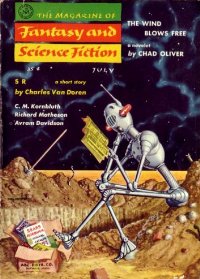
Аннотация
From Robert Silverberg’s, “Earthmen and Strangers” anthology, 1966:
Earthly life has developed many methods of reproducing itself. The amoeba is content to split in half; the hydra produces a bud that develops into a new hydra; the small crustacean known as daphnia lays eggs that do not need to be fertilized in order to bring forth young daphnias. Most animals, though, rely on two sexes, female and male, one to produce eggs and the other to fertilize them.
The variations within this scheme are great—take, for example, the case of the oyster, which is male at one time of the year and female at another. Given such biological variations, it was inevitable that science-fiction writers would begin to speculate about the unearthly aspects reproduction might take among alien beings. Poul Anderson, a lanky chap of Viking descent who lives in California, is better qualified to make scientific speculations than most of his colleagues. He took a degree in physics at the University of Minnesota before turning to science fiction, and keeps abreast of the latest technical developments in a way that gives his stories the solid ring of authenticity.
In this example, he provides a convincing blend of science and imagination that yields insight into a wholly alien race. But because recent scientific research has given us a view of conditions on Mercury different from the one that was accepted in 1957, when this story was written, Anderson has added his own introduction to the story in the interest of maintaining accuracy.
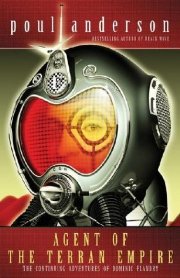
![La comunione della carne [The Sharing of Flesh -... La comunione della carne [The Sharing of Flesh - it]](https://www.rulit.me/data/programs/images/la-comunione-della-carne-the-sharing-of-flesh-it_210741.jpg)
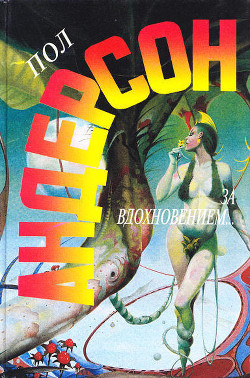
![«Cacciatore di libertà» è un esempio probante di quanto dicevamo nell’introduzione al volume, e cioè che la funzione sociale della fantascienza, nella sua disamina del futuro dell’umanità, deve essere quella di predire le... Cacciatore di liberta [Fortune Hunter - it]](https://www.rulit.me/data/programs/images/cacciatore-di-liberta-fortune-hunter-it_269212.jpg)

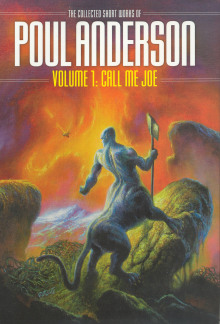
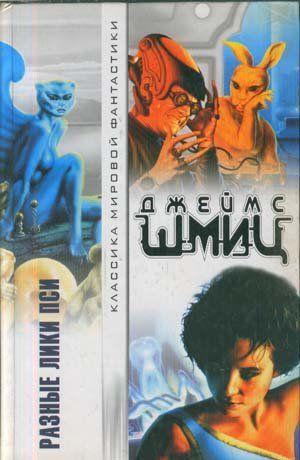


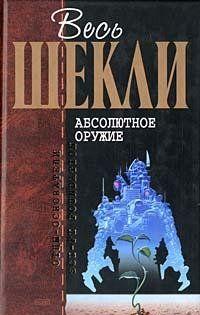
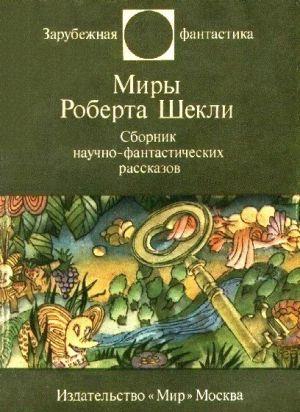
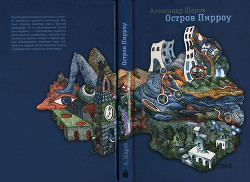
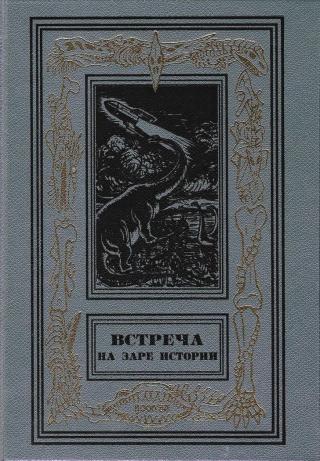
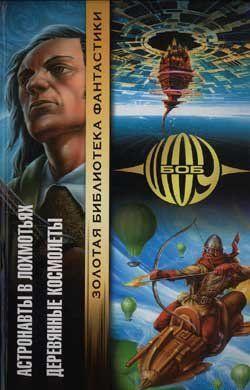
Комментарии к книге "Life Cycle"